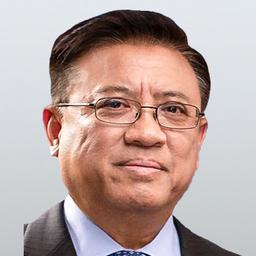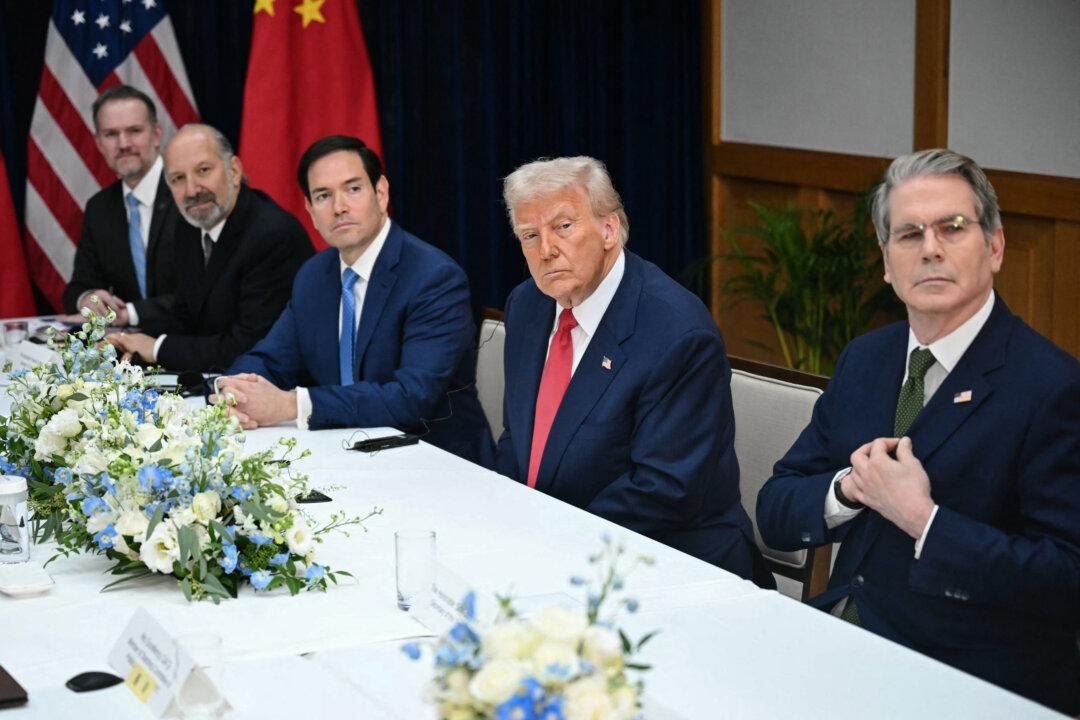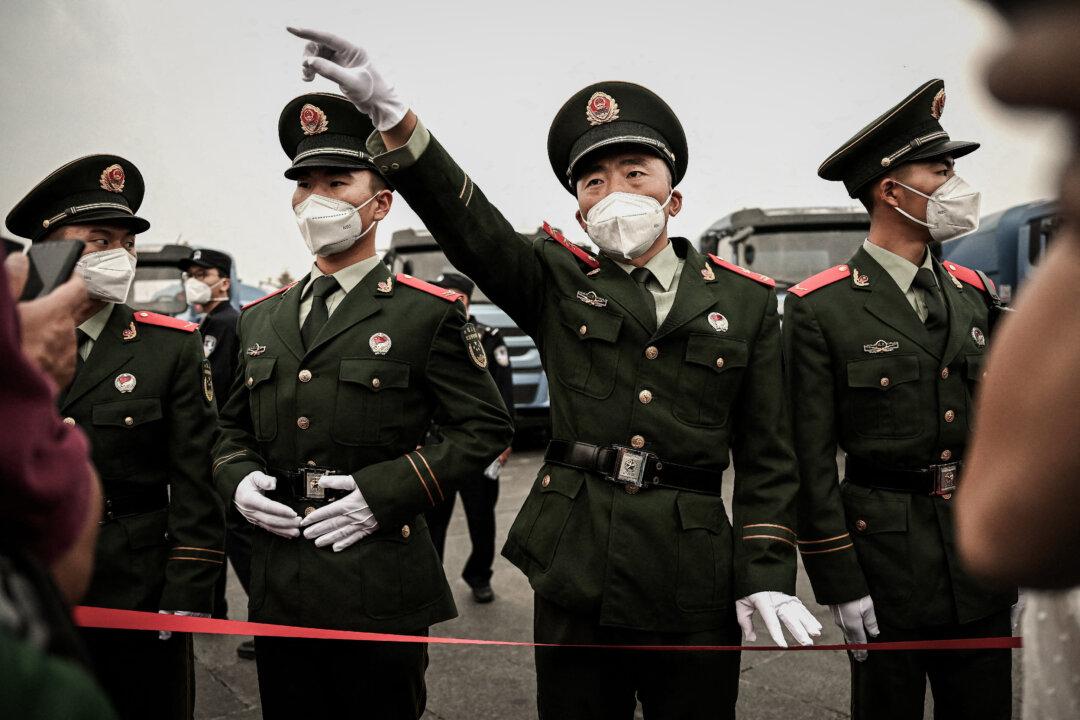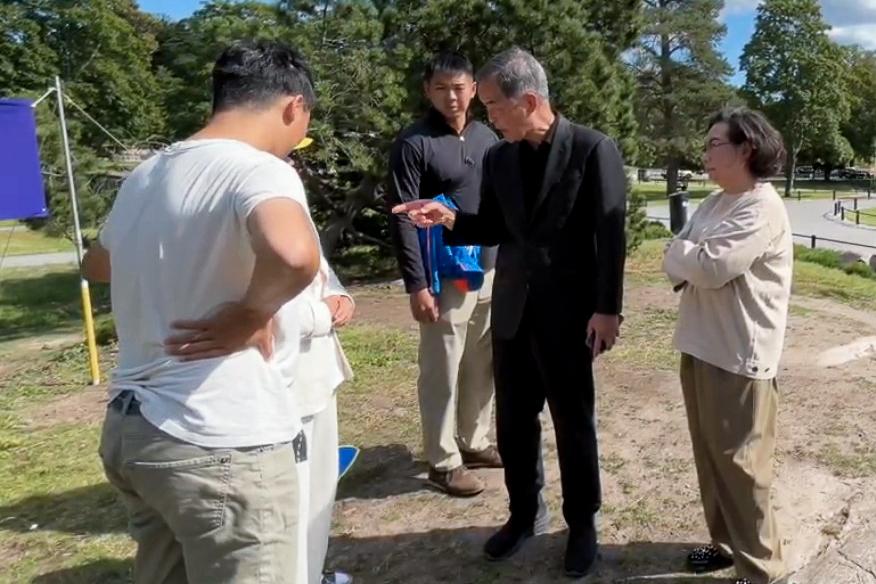Tsinghua University professor Hu Angang would never have imagined the unenviable position he finds himself in today. Just five months ago, on March 2, China Central Television (CCTV) began running the “Amazing China” documentary miniseries, showcasing the purported superiority of scientific and technological accomplishments the Chinese Communist Party (CCP) has made since its current leader Xi Jinping came to power in 2012.
The nationalism-and-hubris-saturated documentary’s name in Chinese, “li hai le wo de guo,” conveys a much more aggressive tone than the English “Amazing China” implies.




